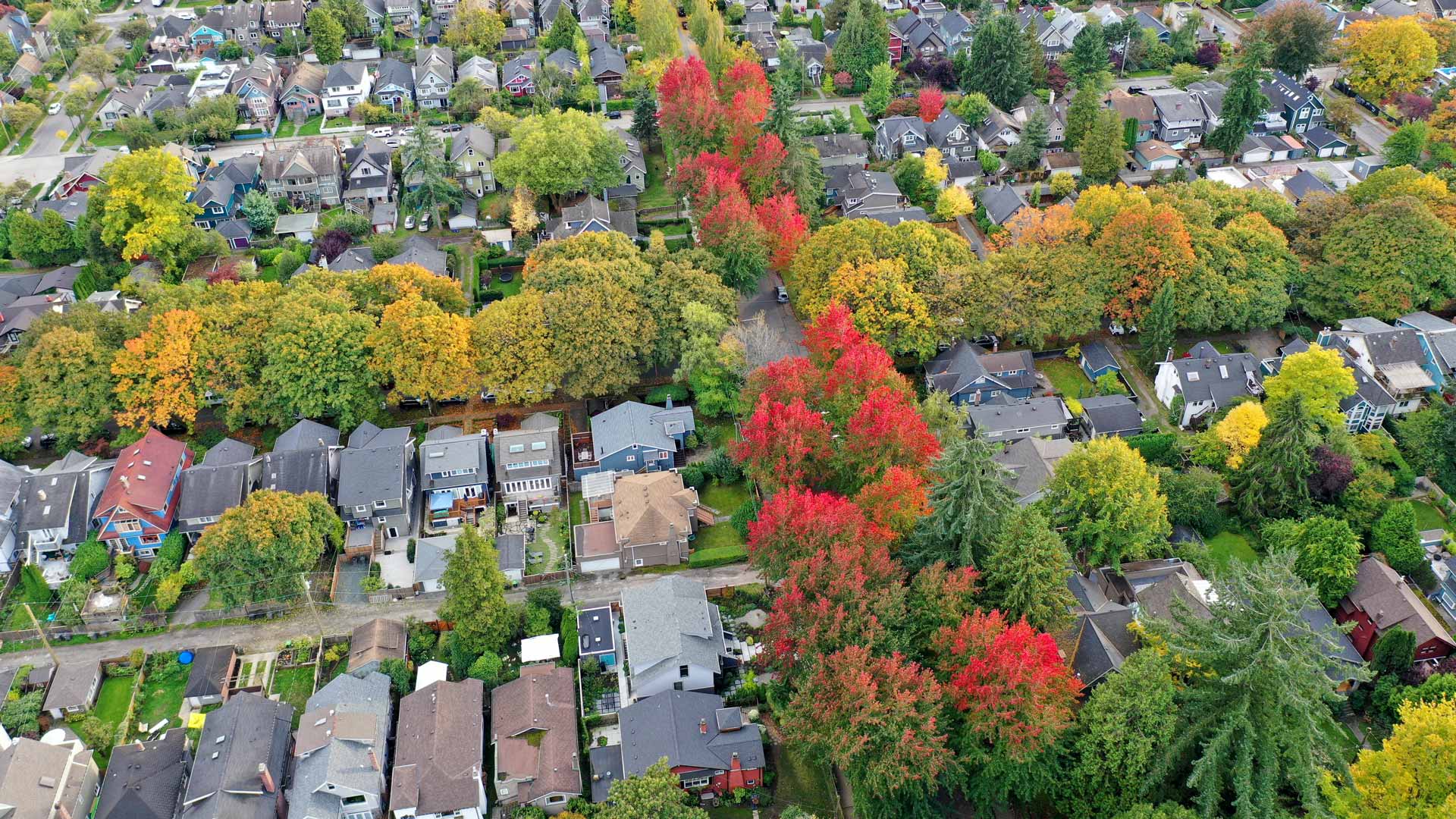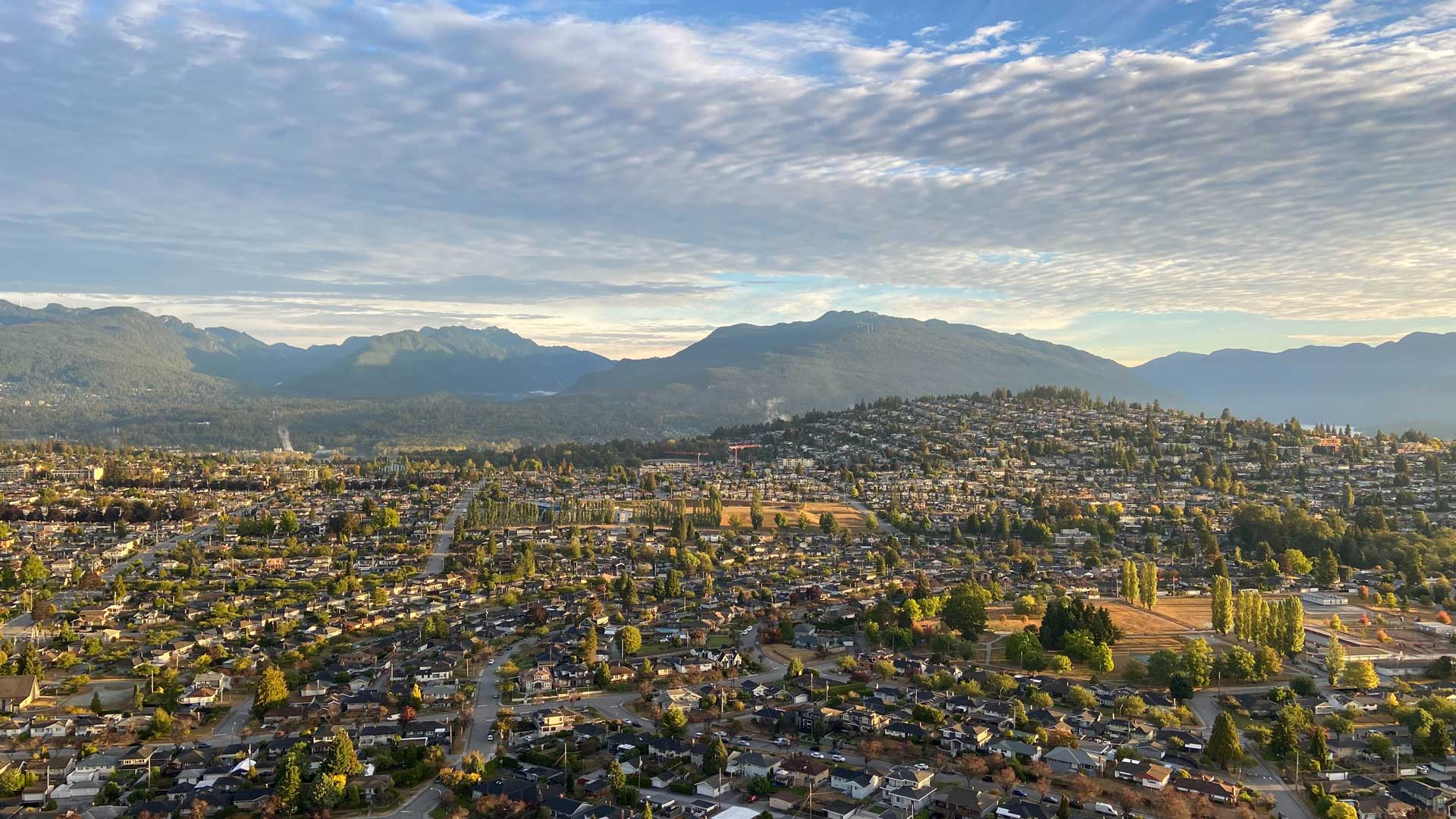As one of the most popular and densely populated cities in Canada, Vancouver is continuously experiencing growth and expansion. This growth has led to an increase in demand for land, leading to land assembly becoming a popular method for developers to acquire large plots of land in the city.

Land assembly is a process of combining multiple adjacent land parcels to create one large parcel of land. This process is typically used by developers who require a large piece of land to construct a new development, such as a residential or commercial building. In Vancouver, BC, land assembly has become a go-to strategy for developers to acquire property for development ventures.

This practice offers several advantages, making it an attractive option for those looking to maximize their return on investment.
One significant benefit of land assembly is the increased development options it provides. By combining several smaller plots of land, you can create a more substantial and versatile piece of property. This larger parcel of land allows for more flexible design options, enabling you to create a more attractive and desirable development. This, in turn, can lead to higher property values and increased profits.
Another advantage of land assembly is the potential for increased land value. When multiple parcels of land are combined, the resulting piece of property may be worth more than the sum of its parts. This increase in value is due to several factors, including the improved development options and increased marketability of the property. You can capitalize on this increased value by selling the assembled land at a premium, resulting in a higher return on investment.
Land assembly can also help streamline the development process. By combining multiple parcels of land into one, you can reduce the number of individual landowners involved in the project. This can result in a smoother, more efficient development process, with fewer negotiations and legal hurdles to overcome. As a result, you can save time and money, allowing you to focus on creating high-quality development that meets the needs of the market.
While this all sounds great, land assembly is not without its challenges.
One of the primary challenges of land assembly is the negotiation process. Negotiating with multiple landowners can be time-consuming and complex, which can lead to delays in the development process.
And let's not forget about the elephant in the room: Vancouver land assembly prices. Land assembly can be a pricey venture, with expenses like land acquisition, legal fees, and due diligence weighing heavily on the wallet. Plus, as part of a land assembly sale, you'll likely be paying an inflated price compared to buying from individual sellers, as the cost of acquiring multiple parcels of land and negotiating with multiple landowners is factored into the final price tag.
After all that time and effort, there is no guarantee that land assembly will be successful, and if negotiations break down, the project may need to be abandoned.
The process of land assembly in Vancouver typically starts with the identification of multiple parcels of land that can be combined.
Once the parcels of land have been identified, the developer will need to negotiate with the individual landowners to acquire the land. Negotiating for land assembly can be about as fun as a root canal, so it's a good idea to bring in the big guns - aka a realtor or lawyer - to help you through it.
And once the land has been acquired, you will need to go through the necessary zoning and permitting processes before construction can begin.

As with most things in life, there is a bit of red tape to cut through before you can start constructing or altering any buildings in Vancouver. Land assembly in Vancouver is subject to a variety of legal requirements where developers must ensure that they comply with zoning regulations and obtain the necessary permits before construction can begin.
But wait, there's more! You can't just go willy-nilly throwing up buildings without taking the environment into consideration. That's where environmental assessments come in. You've got to make sure you're not causing any harm to our surroundings or the critters that call them home. So, get those assessments done.
So, how much does land assembly cost, you ask? Well, as you might expect, it depends. The size of the parcel, the number of landowners involved, and other factors can all impact the final price tag. From land acquisition costs to legal fees, due diligence expenses to development fees, there are many expenses to consider.
But before you start hyperventilating into a paper bag, take a deep breath and remember that all is not lost. Financial planning and a cost-benefit analysis can help you determine whether land assembly is a financially sound choice for your project.

Land assembly for sale is prevalent in different areas of Vancouver. In East Vancouver, land assembly has become popular due to the availability of older, single-family homes that can be redeveloped. In North Vancouver, land assembly is often used for the development of new townhouses or mixed-use buildings. In West Vancouver, land assembly is primarily used for the construction of luxury homes.
Land assembly can be a complex process, but with the right team on your side, it can be a highly rewarding investment. So why not take the first step towards your next big project by visiting Klein Group? With our extensive database of commercial and residential real estate properties in Canada, you're sure to find the perfect parcel of land for your needs.
Start searching today and let Klein Group help make your dreams a reality!